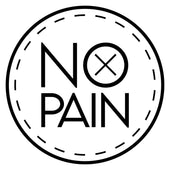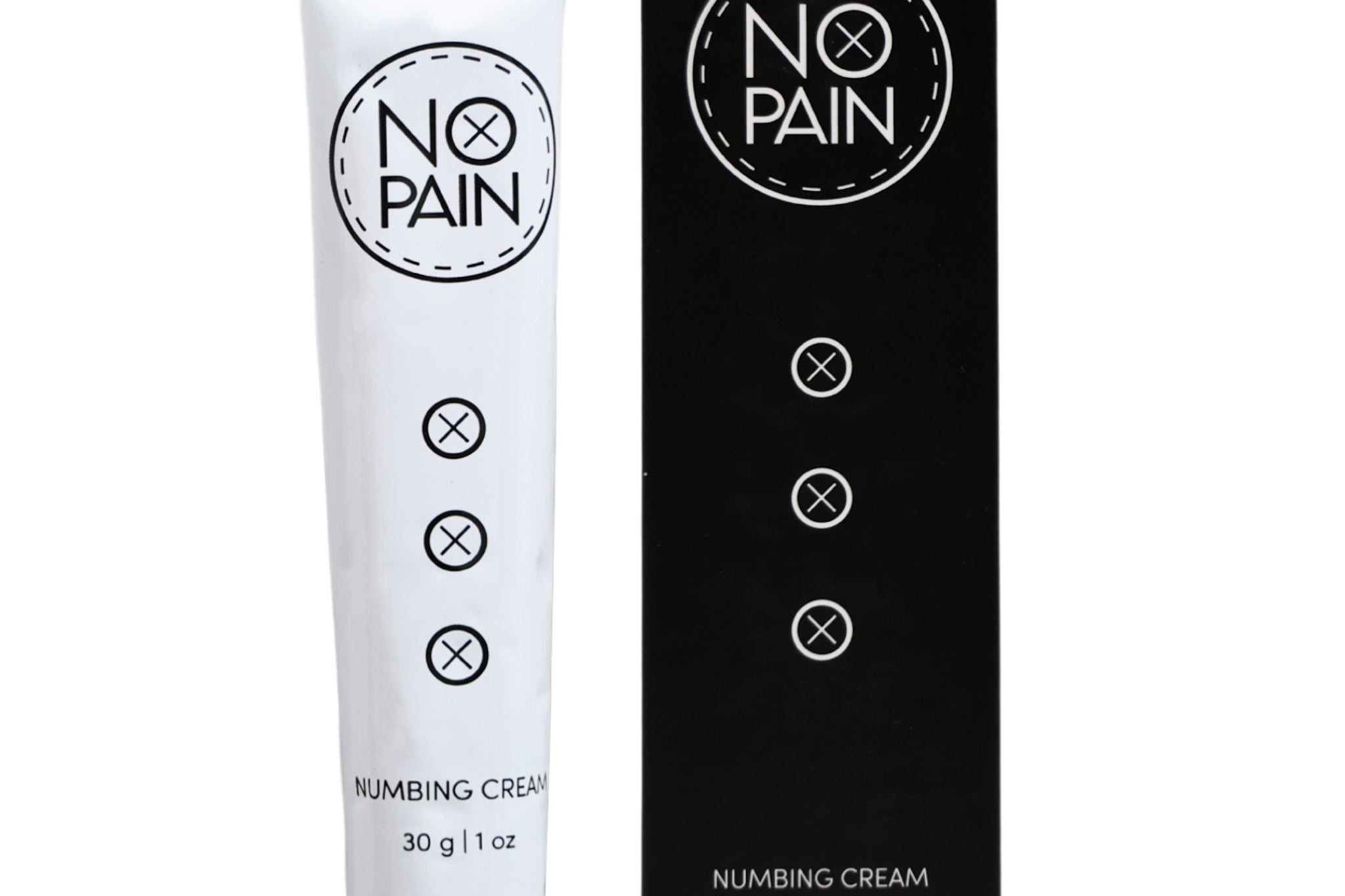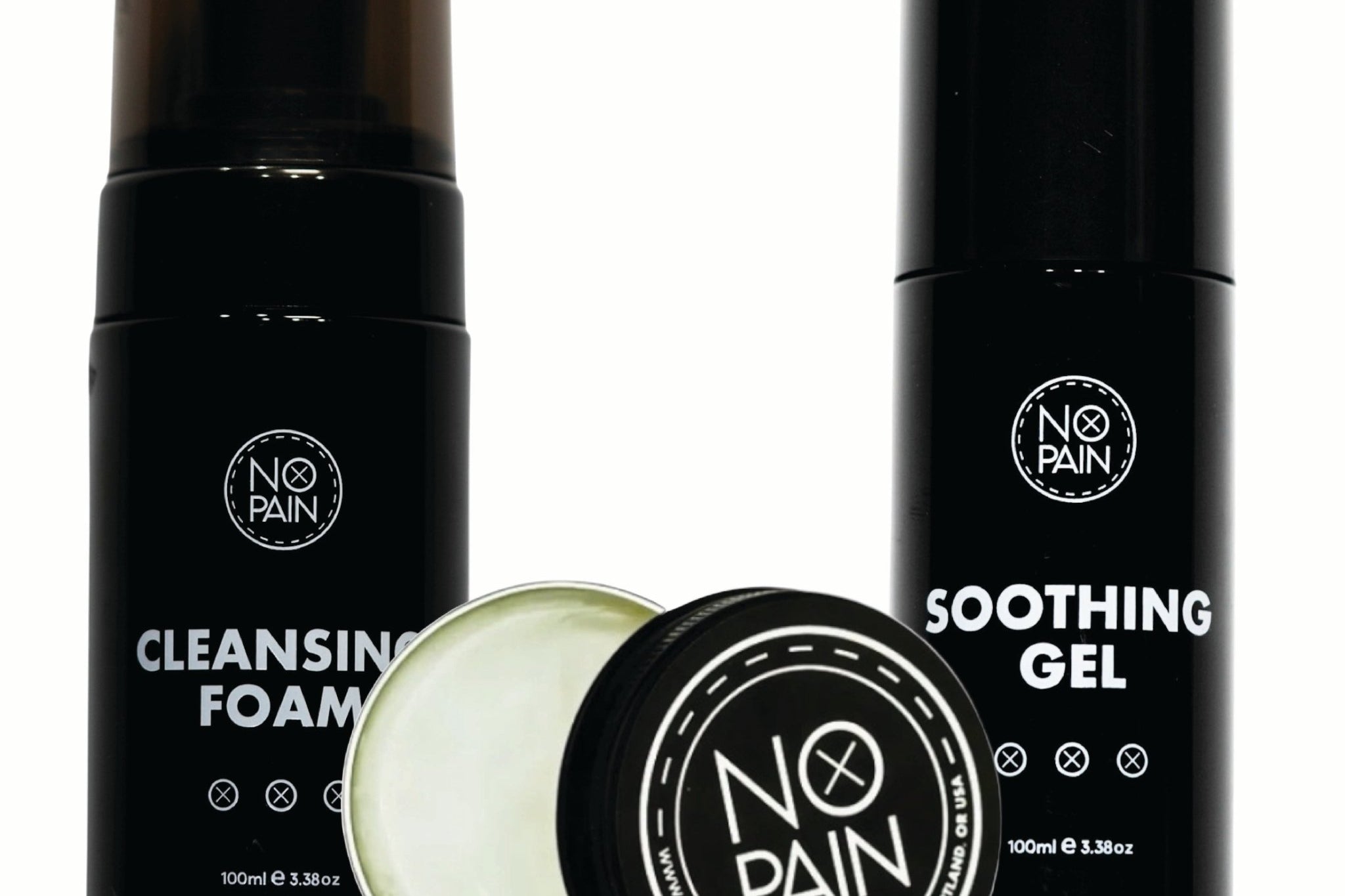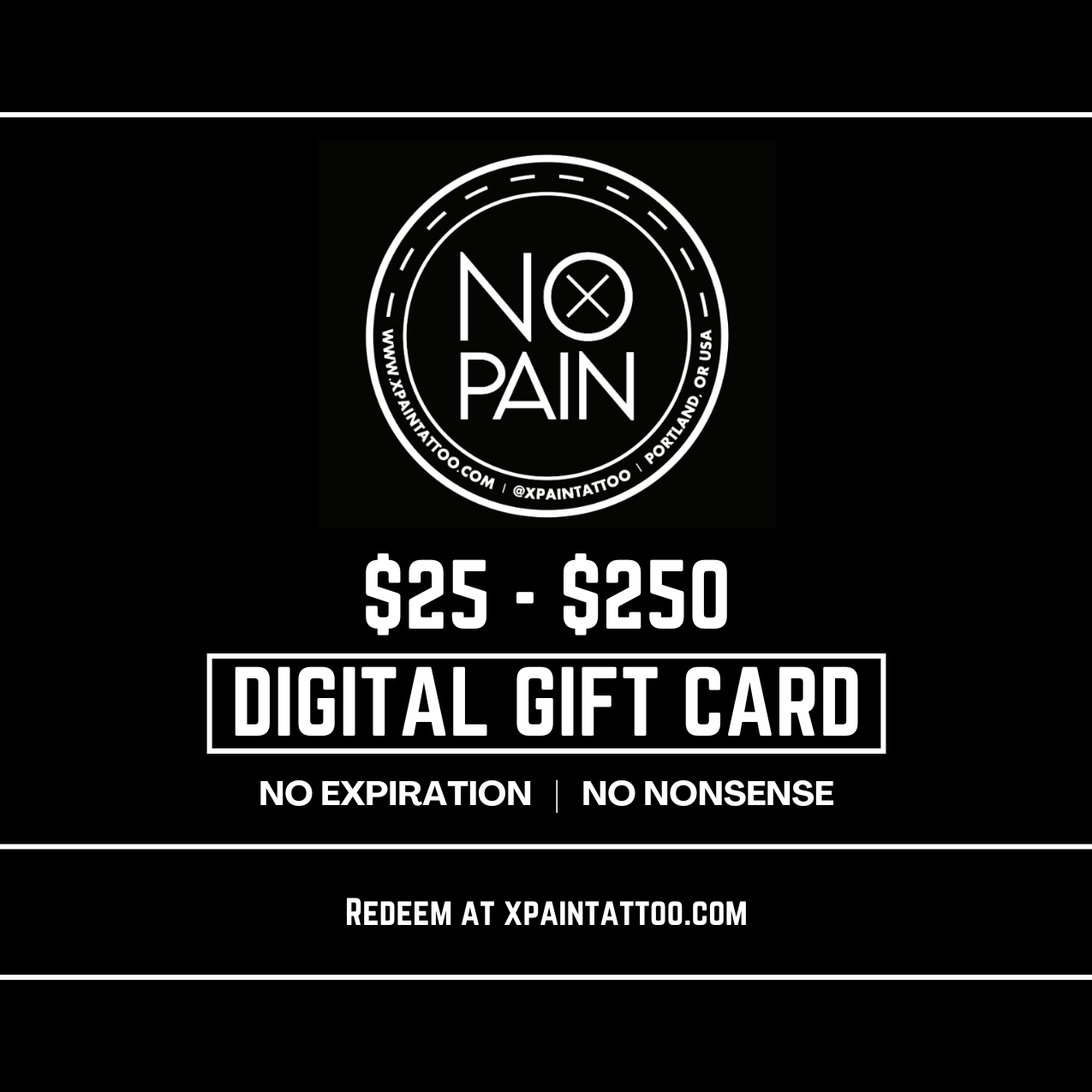You have a tattoo appointment that you've been looking forward to for months. But a week before, a nagging sinus infection or a bout of strep throat sends you to the doctor, and you walk out with a prescription for a course of antibiotics. The medication starts working and you’re feeling a bit better. A thought crosses your mind: "The appointment is in a few days. Can I just keep taking the pills and get tattooed anyway?"
As much as you want to keep that long-awaited appointment, the universal advice from both the medical and professional tattoo communities is a firm no. You should not get a tattoo while you are actively taking antibiotics.
Rescheduling is disappointing, but it is always the smartest and safest choice. Let's break down the important health and safety reasons why.
The #1 Reason: Your Body is Already in a Fight
The most important reason is the most obvious one: the fact that you're on antibiotics in the first place means your body is actively fighting a bacterial infection.
Think of your immune system as a dedicated defense force. When it's engaged in a full-scale war against an infection, its resources are focused on that single mission. Getting a tattoo creates a large, open wound, which your body sees as a second, simultaneous trauma that requires its own major immune response to heal and prevent a new infection.
When you get tattooed while sick, you split your body's focus. This creates several problems:
-
Your original illness might last longer because your immune system can't give it its full attention.
-
Your new tattoo will likely heal poorly. A compromised immune system can lead to a much slower healing time, a higher risk of a second infection developing in the tattoo itself, and a patchy or faded final result.
How Antibiotics Themselves Can Affect Your Tattoo
Beyond the underlying illness, the medication itself can introduce complications.
-
Increased Photosensitivity: A common side effect of many antibiotics (especially those in the tetracycline family like doxycycline) is photosensitivity. This makes your skin much more susceptible to damage from UV light. While your artist won't be tattooing you in the August sun, the bright lights in the studio and even incidental sun exposure on the way home can cause an exaggerated inflammatory reaction on your sensitized skin, which can compromise the heal.
-
Potential for Unpredictable Skin Reactions: Antibiotics can sometimes cause adverse skin reactions, from mild rashes to hives. The last thing you want is to experience a reaction directly on your fresh, open tattoo. This makes it impossible to tell if the problem is from the ink, your aftercare, or the medication, which complicates treatment.
-
General Discomfort: Many antibiotics can cause an upset stomach or nausea. Combining that with the adrenaline and discomfort of a tattoo session is a recipe for a miserable experience.
The Right Call: Reschedule and Recover
The rule is simple and non-negotiable: Finish your full course of antibiotics. Do not stop taking them early just to make your appointment. After your last pill, wait at least one full week to ensure the medication is completely out of your system and your body has fully recovered from the illness.
The moment you are prescribed antibiotics, contact your artist. Explain the situation and reschedule. They will appreciate your honesty and your respect for their health, the studio's safety, and the quality of your tattoo.
The good news is that rescheduling gives you even more time to prepare for a perfect, comfortable session when your body is at 100%. This is a great time to order your No Pain Tattoo Numbing Products Bundle (Comfort Bundle). When your rescheduled date arrives, you'll be healthy, rested, and fully prepared with our Numbing Cream for a pain-free experience.
The Verdict: For the sake of your health, the quality of your art, and the safety of your artist, getting a tattoo while on antibiotics is a clear no. Your patience will be rewarded with a better experience and a more beautiful, well-healed tattoo.
Disclaimer: This information is for educational purposes. Always consult with your doctor and your tattoo artist about your specific health situation and medications before getting a tattoo.




